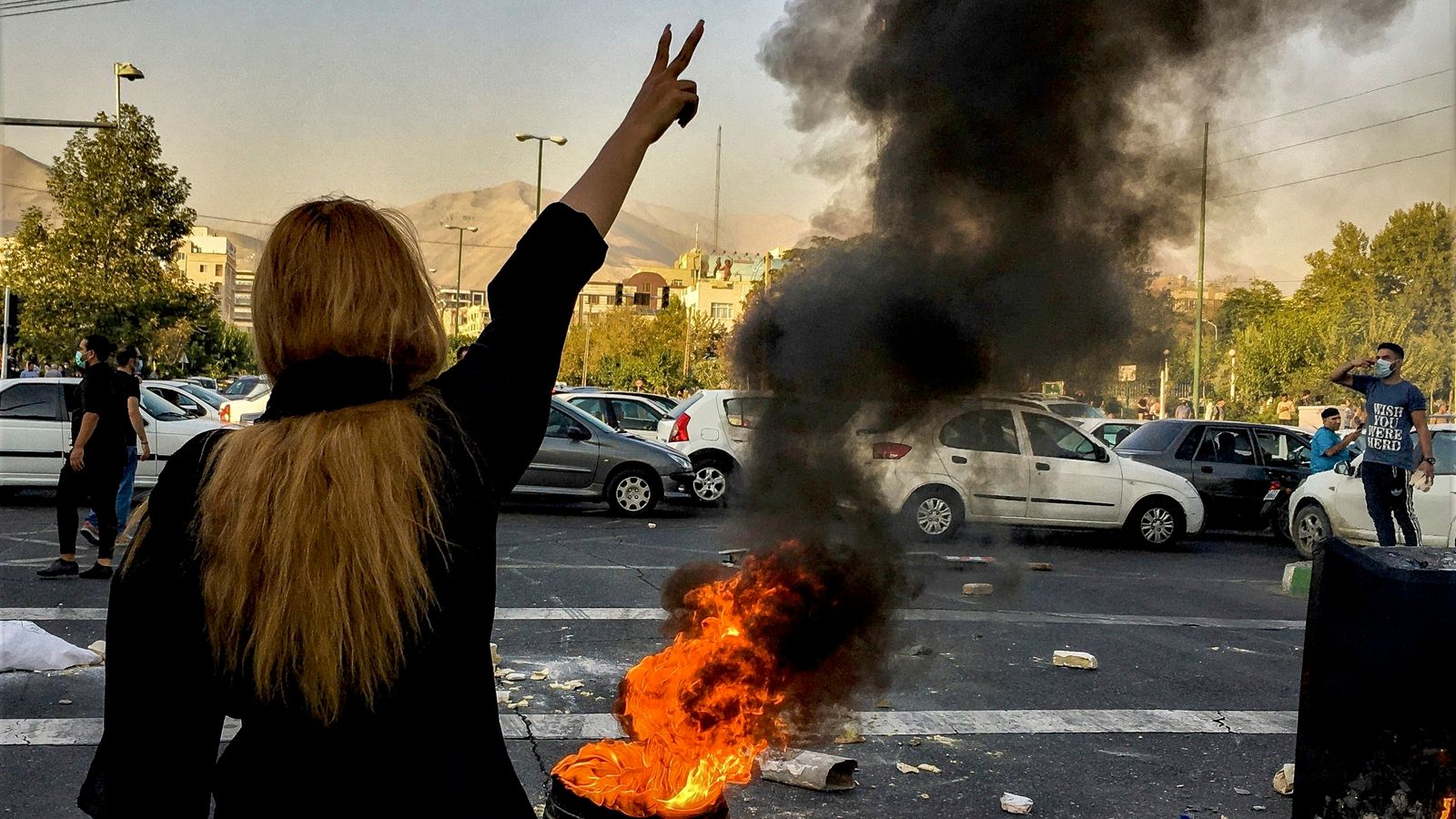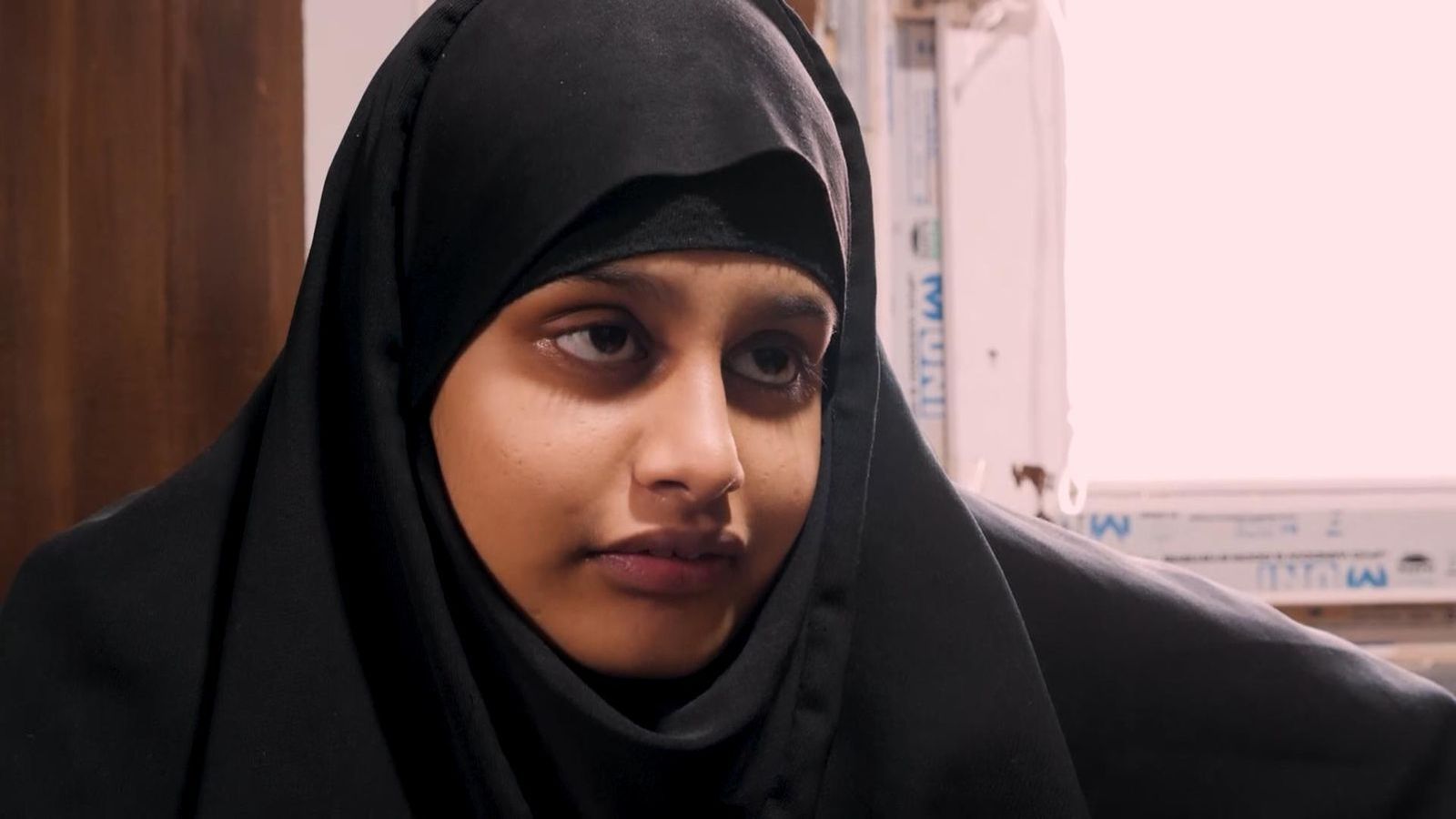Women will be prosecuted “without mercy” if they are seen in public without a veil, Iran’s judiciary chief has warned.
Following protests in recent months, Gholamhossein Mohseni Ejei said on Saturday: “Unveiling is tantamount to enmity with [our] values.
“Those who commit such anomalous acts will be punished and will be prosecuted without mercy.”
He did not specify what the punishment would be, but violations of state laws on hijabs have seen people face arrest, fines, imprisonment and even the death sentence.
Women across the country have been refusing to wear their headscarves following the death of 22-year-old Mahsa Amini in September.
Ms Amini had been arrested for allegedly breaking the law on headscarves and died in police custody.
Nationwide street protests were met with a severe police crackdown.
Human Rights Activists, a group that has been tracking the crackdown from inside Iran, has reported more than 19,700 people being arrested during the demonstrations.
Another group, Iran Human Rights (IHR) estimates that 500 of them, including 70 minors, were killed by the regime.
Previously, Mr Ejei said that 22,000 people arrested during recent protests have now been pardoned.
Please use Chrome browser for a more accessible video player
Read more:
200 shotgun pellets buried in activist’s back
Iranian actress posts picture without headscarf
Iranian women have now moved their fight online, with many posting videos of themselves with their hair and bodies exposed.
Under Iran’s Islamic Sharia law, women are obliged to cover their hair and wear long, loose-fitting clothes to disguise their figures.
Describing the veil as “one of the civilisational foundations of the Iranian nation” and “one of the practical principles of the Islamic Republic,” the interior ministry said in a statement on Thursday that there would be no “retreat or tolerance” on the issue.
The authorities are encouraging people to confront women who break hijab laws – something that has previously seen religious extremists physically attack them in public.






